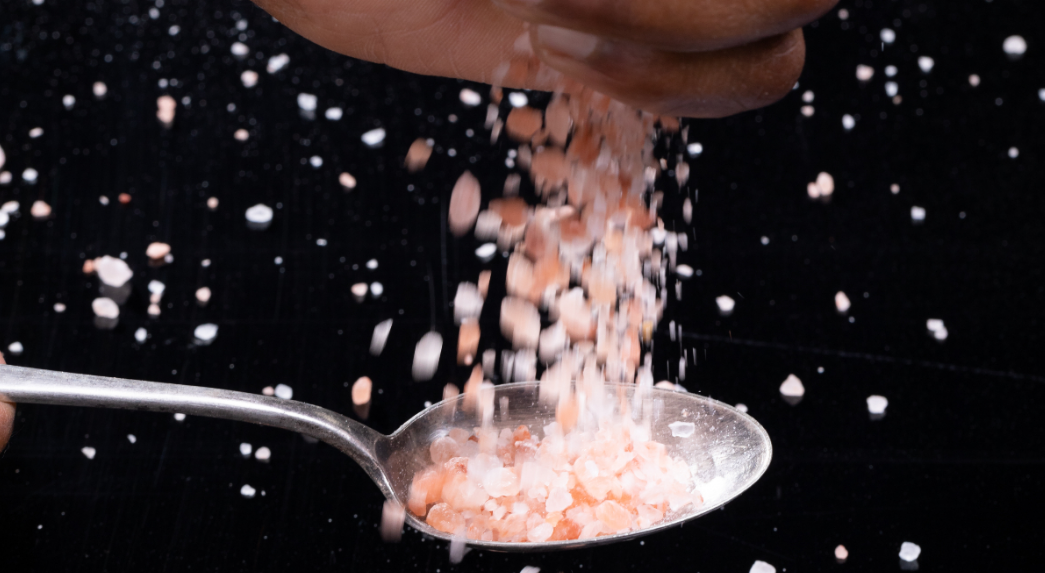Experts advise caution when consuming excessive salt, as it can cause significant harm to the skin. A recent study has revealed that high salt intake can increase inflammation in the skin, leading to various skin issues. Excessive salt consumption can also contribute to numerous health problems in the body. The study indicates that high salt intake raises the risk of eczema, and may cause skin issues such as swelling, dryness, and itching. Additionally, the research highlights a potential risk of eczema among the youth due to the consumption of fast food.
Adverse Effects of Excessive Salt Consumption:
Increased Risk of Eczema: The study indicates that consuming an additional gram of sodium daily can raise the risk of eczema by 22%. The recommended daily sodium intake is 2.3 grams; however, the World Health Organization advises limiting salt intake to less than two grams per day.
Impact on Immune Response: Elevated salt levels may alter the skin’s immune response. Research shows that high salt intake can increase the production of cytokines—proteins that initiate poor immune responses—which could exacerbate conditions like eczema.
Skin Dehydration and Swelling: Excessive salt consumption can lead to skin dehydration, resulting in dryness, flakiness, and wrinkles. It can also cause water retention, which may contribute to swelling around the eyes.
Recommendations to Mitigate Risks:
- Limit Processed Foods: Reduce consumption of processed foods that are high in salt.
- Reduce Added Salt: Avoid adding extra salt to meals.
- Minimize Pickles and Chutneys: These items often contain high levels of salt, so they should be consumed sparingly.
- Consider Alternatives: Use salt alternatives such as black salt or rock salt.
Disclaimer: This information is based on available sources and has not been verified by RTV. For personalized health advice, please consult a medical professional.






